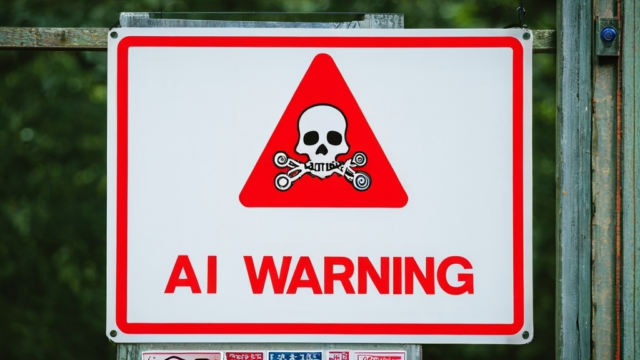OpenAI is developing a tool that can reveal whether text has been created by AI

Generative AI is hard to avoid whether you like it or not. Images created by artificial intelligence proliferate online, as do news reports and countless other types of content -- including essays and research articles.
While it is sometimes incredibly easy to tell when Gen AI has been used to create a portion of text, this not always the case. But that could be set to change as OpenAI is working on a way to watermark Gen AI text, just as has been possible with images created by AI.
See also:
- Microsoft releases the new Outlook for Windows for anyone who wants it, including commercial customers
- How to add an End Task option to the Taskbar in Windows 11
- Hell freezes over as Microsoft announces it is pulling ads from Skype
Watermarking images is incredibly simple, and it is a practice that is already widely used. Text, however, is a little different -- but that's not to say there is not an interest in, and a drive towards, finding a way to make AI-generated text easier to identify.
Updating a blog post on the subject of watermarking, OpenAI has revealed the headway it has made in making it possible to check the provenance of text. There are various possible approaches to making text traceable and checkable -- such as classifiers, watermarking and metadata. Each has advantages and disadvantages, and OpenAI is concentrating on metadata and watermark research.
In fact, the company has already developed a text watermarking method, but it is not without its problems. This weekend OpenAI explains its work in an updated article spotted by The Wall Street Journal and reported by TechCrunch:
While it has been highly accurate and even effective against localized tampering, such as paraphrasing, it is less robust against globalized tampering; like using translation systems, rewording with another generative model, or asking the model to insert a special character in between every word and then deleting that character -- making it trivial to circumvention by bad actors.
Another important risk we are weighing is that our research suggests the text watermarking method has the potential to disproportionately impact some groups. For example, it could stigmatize use of AI as a useful writing tool for non-native English speakers.
While the idea of watermarking text might seem complex, it is something that OpenAI sees as a possibility for the future. The company says that "there are characteristics of metadata that would make this approach particularly promising". How this would work in the real world, is not yet clear, though.
Check out OpenAI's updated blog post in its entirety here.
